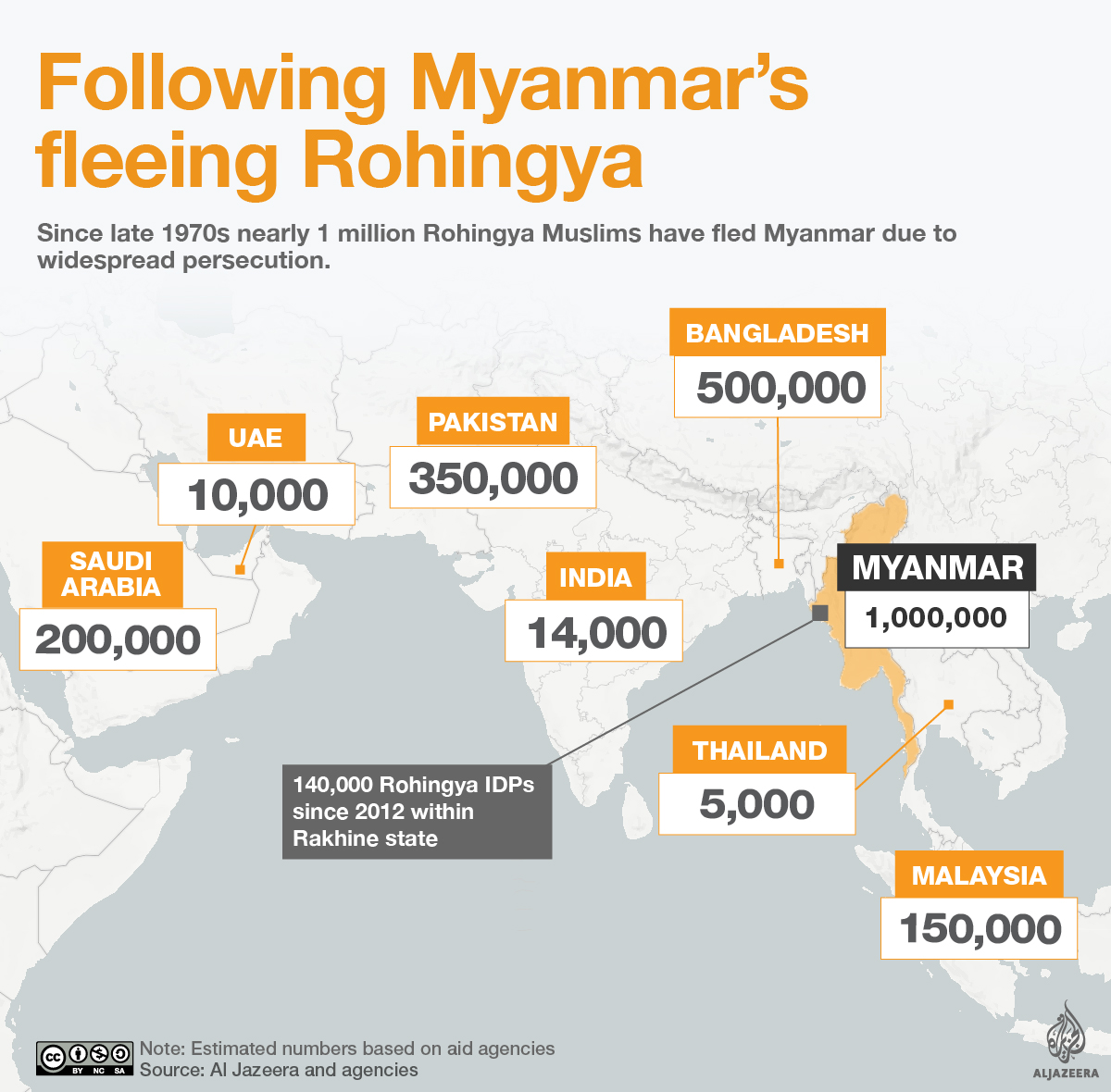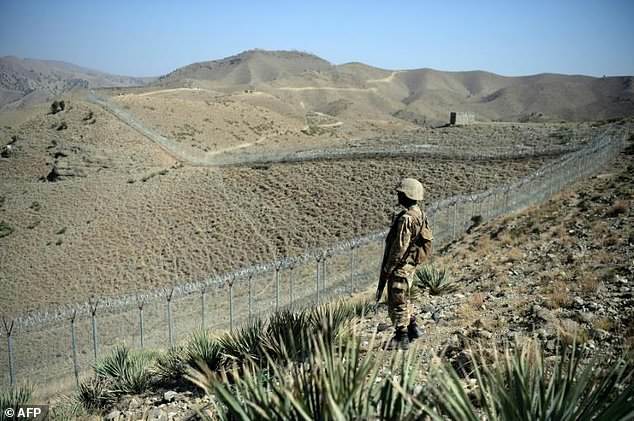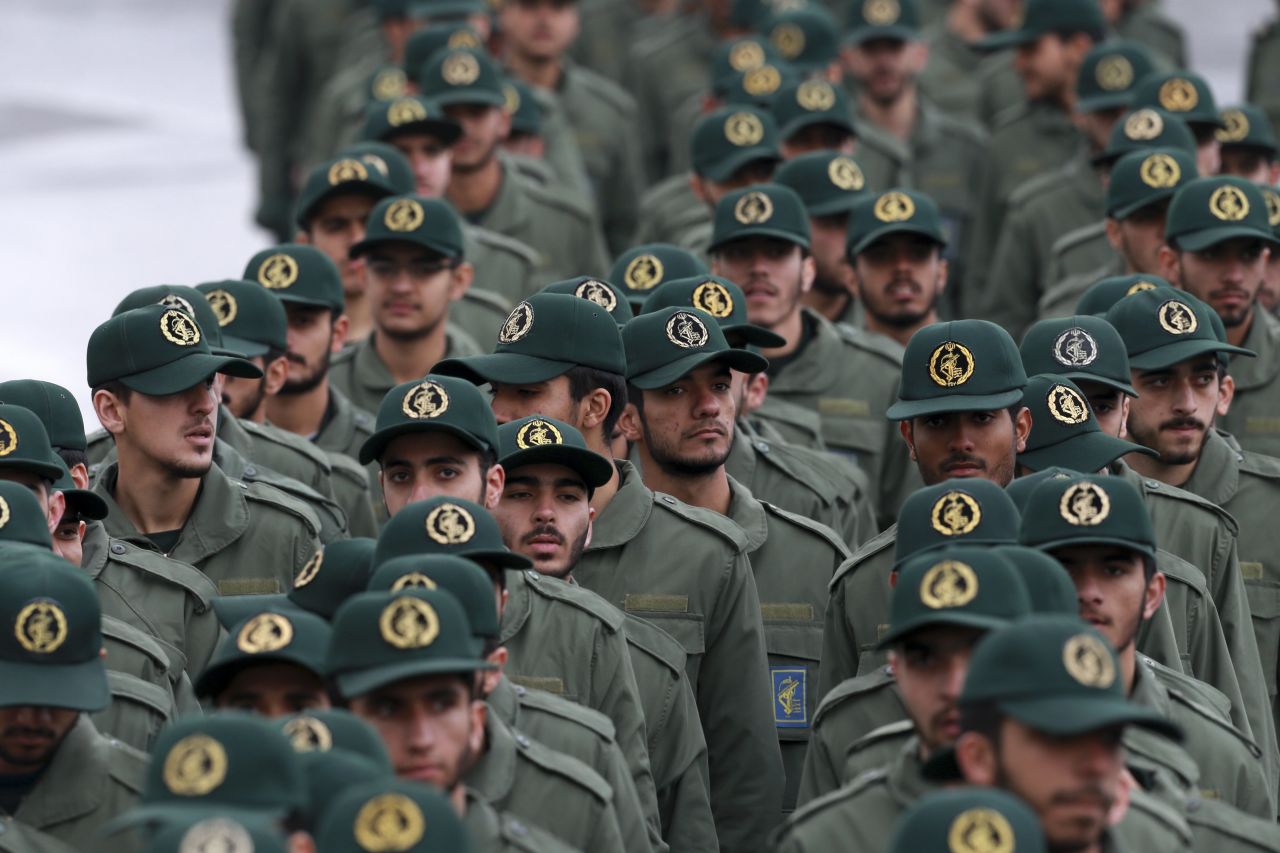Andrew Korybko |
Bangladesh implored the UN last week to set up a so-called “safe zone” in Myanmar.
The Bangladeshi Prime Minister claimed that this would ease the burden that her country is experiencing after hosting such a rapid influx of refugees, but it would in all actuality exacerbate the crisis by carving a South Asian “Kosovo” of “Rohingyaland” out of Myanmar, just as I warned in a summer 2015 analysis on this topic.
That’s not to say that either side will try to implement “safe zones” against the other, but just that the political fallout of a globally publicized refugee-migrant spat between pro-American ally India
Her proposal was met with lukewarm support because of the far-reaching military implications that it obviously alludes to, but it nevertheless set the precedent for seriously considering this option sometime in the future if the scenario evolves to that point.
If ever implemented, then this would be undertaken not just for the publicly plausible pretext of returning the Rohingya back to Myanmar, but to disrupt, influence, and ultimately seize control of China’s New Silk Road oil, gas, and potentially one day even future rail corridors through Rakhine State.
Read more: Modi Govt accuses Rohingya refugees of terror links with Pakistan..?
I already discussed this in a previous broadcast and also in several articles, so there’s no need for me to elaborate any further on this tangent. What I’d like to talk about, however, is the dangerous internationalization of “safe zone” talk in South Asia, as this could either invite Indian military involvement or even potentially boomerang back into its restive Northeastern Provinces.
That’s not to say that either side will try to implement “safe zones” against the other, but just that the political fallout of a globally publicized refugee-migrant spat between pro-American ally India
About the first possibility, a mass grave of Hindus was found over the weekend, and the BBC interestingly quoted Rohingya Muslim refugees who said that the so-called “Arakan Rohingya Salvation Army”, or ARSA, which is designated as a terrorist group by Myanmar, was responsible for the killing. If true, then this would add credence to the claims that ARSA is indeed a radical Islamic terrorist organization, and whether it originally started out as such or evolved into it would be a moot point by that time.
Unlike in the past, contemporary India is run by jingoistic Hindu nationalists who might sense what they could believe to be a golden opportunity to show off their nation’s military prowess by taking the lead in waging what would be marketed as a hybrid mission focusing on anti-terrorism and humanitarian intervention. It doesn’t mean that this will happen tomorrow, or even if at all, let alone that it would succeed if commenced, but just that the Hindu victimization factor can’t be discounted when analyzing India’s foreign policy nowadays.
Read more: Rohingya Plight: Feeding Instability across Muslim World & jeopardizing China’s One…
It doesn’t mean that this will happen tomorrow, or even if at all, let alone that it would succeed if commenced, but just that the Hindu victimization factor can’t be discounted when analyzing India’s foreign policy nowadays
However, it’s precisely for that reason why Bangladesh’s “safe zone” talk could boomerang around and inadvertently contribute to the further destabilization of India’s Northeastern Provinces. This somewhat forsaken corner of the country is already awash with large numbers of Muslim Bangladeshi migrants, some of whom came to India as refugees around the time of the 1971 war, and India’ s Hindutva government wants most of them to leave.
The forthcoming highly publicized campaign which aims to kick India’s Rohingyas out is also meant to send a strong signal to the Muslim Bangladeshis who had been in the country for longer, though the unintended consequence might be that Bangladesh – which is already attracting a large amount of international sympathy to both itself, and the plight of its very closely related and fellow Muslim Rohingya people – could leverage its newfound soft power to draw attention to the human rights situation of its Indian-based migrant community.
Read more: The disinformation behind linking the Rohingya issue with Pakistan
That’s not to say that either side will try to implement “safe zones” against the other, but just that the political fallout of a globally publicized refugee-migrant spat between pro-American ally India and its neighbourhood subordinate could further unsettle the situation in India’s Northeastern Provinces and create strategic openings for China to regain some of its influence in Bangladesh.
DISCLAIMER: The author writes for this publication in a private capacity which is unrepresentative of anyone or any organization except for his own personal views. Nothing written by the author should ever be conflated with the editorial views or official positions of any other media outlet or institution.
Andrew Korybko is a political analyst, journalist and a regular contributor to several online journals, as well as a member of the expert council for the Institute of Strategic Studies and Predictions at the People’s Friendship University of Russia. He specializes in Russian affairs and geopolitics, specifically the US strategy in Eurasia.The views expressed in this article are author’s own. It does not reflect Global Village Space Editorial policy.














